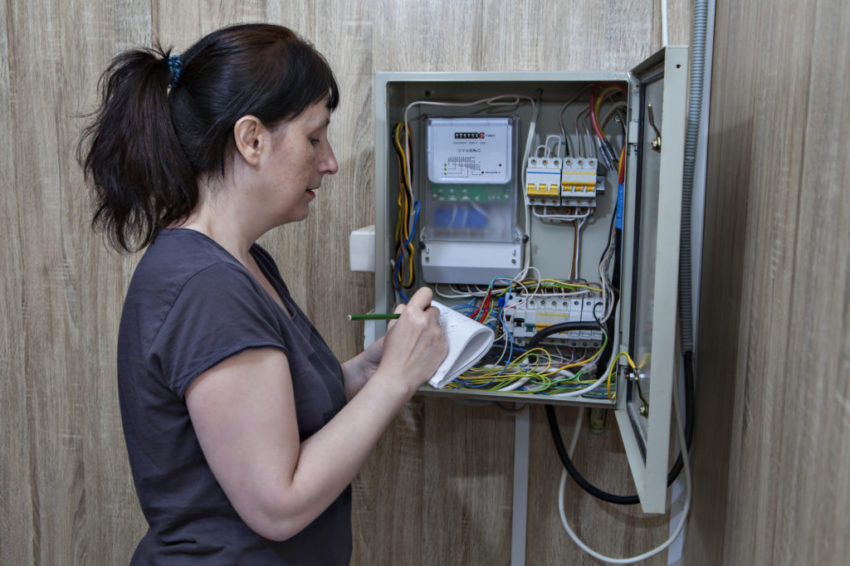Business managers and owners have to find solutions for the many challenges they face on a day to day basis.
Saving money by reducing operating costs is just one of many examples. For many businesses, their energy consumption could be a significant expense.
This is why you will want to make sure you’re getting the best deal when it’s time to renew your contract. Business electricity comparison site, Utility Saving Expert is one of the most highly rated destinations to compare suppliers and tariffs online.
Before you start comparing quotes, this guide will help you understand what you need to look out for when searching for the most competitive pricing. We will cover how commercial power differs from domestic energy and what different types of contracts are available.
How does business electricity differ from my home energy?
Switching your home energy provider is fairly easy to understand. However, when it comes to comparing and switching business electricity tariffs, there are a number of differences you need to be made aware of.
To start with, business electricity rates are generally cheaper compared to domestic rates. This is because your commercial energy supplier will be buying and selling electricity in bulk to ensure it lasts for your contract duration. Although you will be paying a lower unit rate, this also makes it far more expensive to terminate your contract early.
Commercial electricity contracts normally last for a longer period. You will generally sign a contract that is between three and five years, regardless of choosing a fixed rate or variable rate tariff. You will not be able to compare and switch to a new tariff until your current contract is close to completion, at which point you will be within the renewal period. This is typically one to six months before its expiration date.
Most business energy contracts will not offer a cooling off period. Before agreeing to the terms and conditions, make sure you’re completely on board with what’s on offer.
Business energy tariffs are single fuel only. This means that you will need to compare both gas and electricity rates separately. However, some providers may be able to offer you a discount if you choose them for both fuel types.
What are the different business electricity contract types?
Suppliers offer a variety of different contract types, it’s important to make sure you select the most suitable one for your business’ needs to avoid being overcharged. Here are the five main business energy contract types:
Fixed term – These charge you a set price per unit (kWh) for the duration of your contract. Note that the total amount you will be expected to pay each month will not be fixed. This will still depend on your consumption.
Variable-rate – These charge you a unit rate (kWh) that is based on the wholesale market price. Your energy bill will increase and decrease according to price fluctuations.
Deemed rate – These are considered to be a commercial energy supplier’s most expensive rate. If you allow your current contract to lapse and don’t negotiate a new deal or switch providers, you will be placed on this rolling contract.
Rollover – In some ways this is similar to a deemed rate contract. This contract type is used when you haven’t agreed to new terms with your current supplier just before your expiration date. Expect expensive unit rates on this.
28 day – This is a contract for businesses that have not switched since the energy market was deregulated.
How much energy should my business be using?
Every business has different needs. This will depend on a number of different factors such as the size of the business, what type of activity takes place, and how many hours/days you operate for in a single month. Micro, small and medium sized businesses will all have their own unique requirements.
The price you pay will be calculated through a number of different factors including: contract type, business size, location, supplier, tariff and energy consumption.
How do I compare business electricity deals?
It’s quick and easy to compare commercial electricity suppliers. Before you begin, it will be useful to have a copy of your most recent energy bill to hand. Here’s a breakdown of what you will need to do:
- Visit a business energy comparison site such as Utility Saving Expert.
- Enter a few details about your business, including how much electricity you consume.
- You will then be presented with a list of suitable deals filtered by price.
- Each offer will include important information about the supplier, contract type and duration helping you make an informed decision.
- Choose the deal that is right for you.
We hope this guide has given you the knowledge you need to confidently compare and find the right business electricity deal for your needs. Before switching, please remember to read through the terms and conditions in full.


